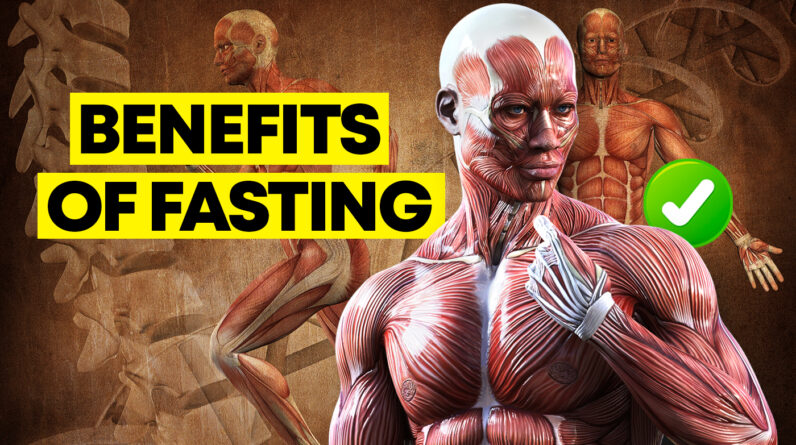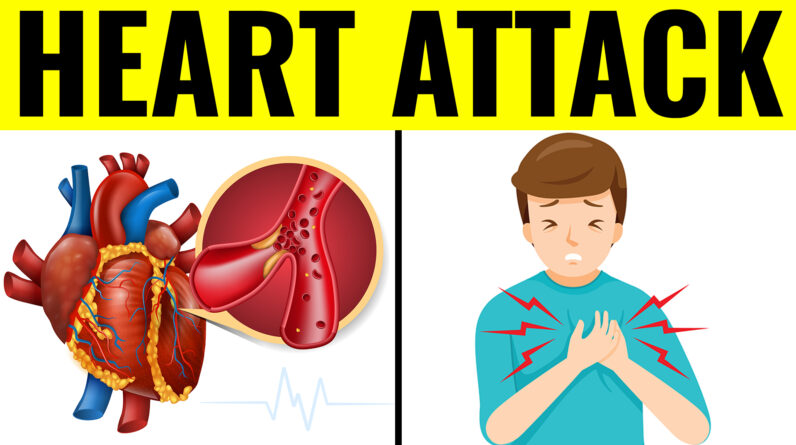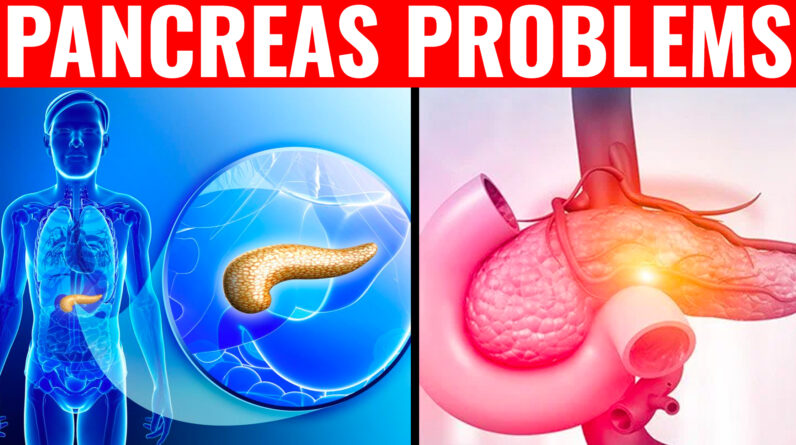
Fasting has many benefits and, though it might seem contrary to nature to starve your body, it is actually more natural than you think. Our ancestors lived in a time when food was scarce and so it was normal to go for extended periods without food. Retraining our bodies to remember that can do much more for us than we think. Here are a few things that happen to your body when you fast.
#1 Your Metabolism Speeds Up
Short-term fasting does great wonders for your body, particularly increasing your body’s metabolic rate. This is because when you fast, norepinephrine levels increase in your body. Norepinephrine is a hormone that helps to break down fat and glucose to release energy around your body.
Now, metabolism refers to the rate at which your body uses up its calories. Sadly, this rate is mostly fixed and there isn’t much you can do to alter it per se if you have a naturally slow metabolism. But with fasting, you might be able to kick your metabolism into top gear and burn more calories especially because of the norepinephrine we just talked about.
Now, as amazing as that sounds, it’s important to be careful how long you fast. Generally, if you fast for up to 48 hours, you should be fine and you can increase your metabolic rate. However, fasting for longer than that is not good for your body and might even have the opposite effect on your metabolism, causing it to slow down instead since your body will try to conserve energy so it doesn’t go into starvation.
So, fasting can help improve metabolism but you have to do it right.
#2 Fasting Helps You Burn More Fat
For most people, a normal, everyday diet is mostly made of carbohydrates which the body breaks down to produce glucose. With such diets, the body is not able to burn fat and this isn’t exactly great for your body because it will cause you to add weight. And here’s where fasting comes in.
When you fast, you give your body the chance to break down the fat that might have accumulated in your body to release energy. This is because the body experiences reduced insulin levels when you fast and a reduction in insulin levels usually triggers the breaking down of fat for the release of energy.
It’s a pretty efficient process the body has been designed to work with and something you want to take advantage of.
#3 Fasting Improves Digestive Function
Many people don’t think of it this way but your gut is also a part of your body and it needs its rest. If you don’t give your digestive system the time to rest, it will begin to do poorly at its job. So, if you’re constantly eating for the most part of your day, say between 16 to 18 hours per day, then you’re not being kind to your gut.
Your digestive system is the most hardworking part of your entire body. Its workload is huge. Fasting creates the opportunity for your digestive system to catch a break so your body can break down fat cells and other unwanted immune cells around the body.
This is why fasting remains the most efficient way to detox. We know you’ve heard of all the wonders of juice cleanses and all those other super expensive supplements. But the actual truth is that fasting outperforms all the offers on the table when it comes to removing toxins from your body.
So, when next you need a detox, before you shell out money to get the next new buzzword in the dieting space, maybe try the 100% free remedy that is fasting.
#4 You Might Shed Some Weight When You Fast
Everyone of us has considered intermittent fasting before on our weight loss journey. The good thing is, this is a strategy that actually works and we have sufficient research to prove that it does. You want to couple it with calorie reduction, though, for max benefits.
Now, here’s the thing about fasting and why it’s beneficial for weight loss. For one, it helps to improve your metabolism. We already told you that. But another thing about fasting is that it helps create a caloric deficit in your body and this is another very important factor when talking about weight loss.
There were two studies carried out on intermittent fasting in 2019. The results showed that intermittent fasting produced the same results as the conventional calorie-restriction weight loss strategy during clinical trials.
But there is one little thing that must be mentioned. There are people who gain weight by fasting but more often than not, it’s because of the kinds of food choices they make. If you’re filling up on highly-processed foods as opposed to nutrient-dense, high-protein meals with healthy fats and the right level of carbs, you are sure to add weight even if you fast.
So, make sure that whenever you fast, you pair it with clean eating to get the best results.
#5 Fasting Helps You Retrain Your Body
It might seem impossible to believe but our bodies in their natural state are made for fasting. The only problem is that we have become more modern in our way of eating and in our dietary choices. This has caused our bodies to totally forget our ancient way of eating.
But the good news is that our bodies can be retrained to adapt to periodic fasting which was our ancestors’ way of life. By doing this, we can help our bodies reap some serious benefits.
Plus, fasting comes with a drop in insulin levels which improves cognition and mental alertness. Not to mention that fasting can bring about a condition in the body known as autophagy. But don’t worry, it’s the good kind of condition. Autophagy is when your body does a form of physiological spring cleaning and takes out the disordered and diseased cells.
This is another reason to consider fasting.
#6 Fasting is a Great Way to Maintain Muscle Mass
If you’re trying to get buff and lose some weight, simply dieting might not be enough to get you there. Fasting might be more effective at helping you achieve your goal than traditional dieting methods.
With fasting, you can preserve your lean muscle mass and restrict your calorie intake. This is because there is a direct relationship between your muscle mass and your metabolic rate. In other words, the more lean muscle you have, the more calories you will burn even when you’re resting.
Again, losing weight through fasting is quite different from losing weight through restricting your calorie intake. When you’re simply restricting calories, you might lose fat along with muscle mass. But with fasting, you lose only actual fat while your muscle mass remains preserved. And this is great because it gives you a better body composition and helps your body to keep burning fat even when you’re just lying around doing nothing.
#7 With Fasting You Eat Less Overall
Now, here’s the thing about intermittent fasting, you don’t need to count your calories. Well, you can if you want but there’s no real reason for you to because really how much food can you really eat within a limited window? This is why counting calories is not necessary.
And once you’re able to restrict your calorie intake to a short time frame, you reduce your food intake overall which can help you lose weight. In fact, if you really pay attention to your body, it will tell you how much calories it needs.
But still, you want to be careful and plan your fast strategically. If you binge eat after every fast because of excessive hunger, you might end up packing on excessive calories and this might cause you to gain weight. So, while you don’t need to count your calories, you still need to be careful about taking in too much calories.
Finally, Fasting Helps to Reduce Insulin Levels in the Blood
So, here’s a quick biology lesson for you. When you eat, carbohydrates get broken down into sugars and then these sugars enter into your bloodstream which triggers the release of insulin.
Now, insulin has one job and that is to get the sugar out of your bloodstream and into your cells. But insulin also does something else. It blocks fat cells such that they are unable to release fat and that is why your body isn’t able to burn fat when the insulin in your bloodstream is too high.
Insulin levels have to be reduced first before that can happen and insulin levels only reduce when all the sugar has been effectively moved into your cells. This typically takes a few hours within which you aren’t eating anything else.
This is why it might be difficult for you to burn fat if you’re a frequent snacker. Filling meals fewer times a day is always the better option because it gives your body breaks in between for the burning of fat.
And there you have it! All the reasons you should seriously consider fasting.







